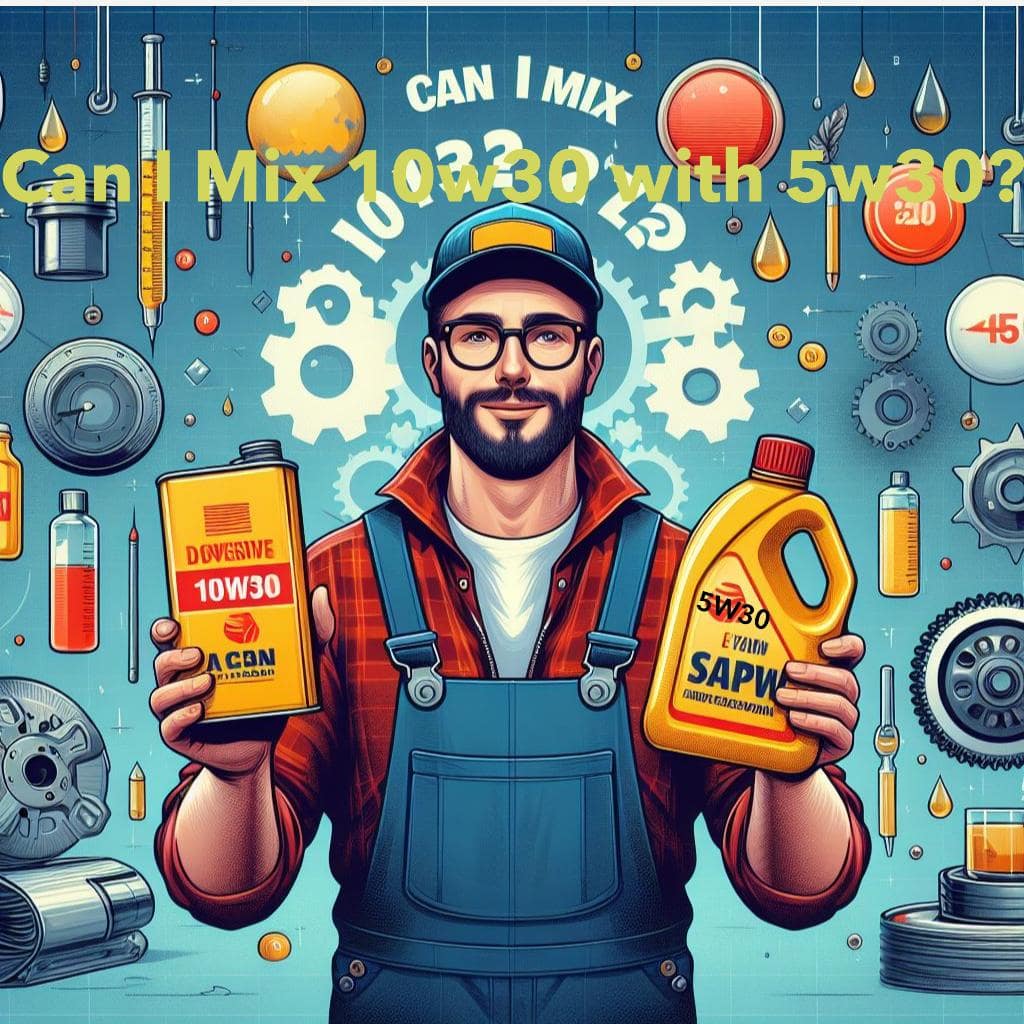When it comes to lubrication, understanding the compatibility of different types of grease is crucial for optimal performance.
Lithium grease and regular grease are common lubricants used in various applications. But are they compatible when mixed?

Credit: www.7cfindustries.com
Understanding Grease Compatibility
Grease compatibility refers to the ability of different greases to be mixed without causing any adverse effects on their performance.
When two different types of grease are mixed, several outcomes can occur:
- They are miscible, and there are no issues.
- The grease mix hardens, which can lead to problems, especially in complex lubrication systems.
Testing Grease Compatibility
To determine if two greases are compatible, they need to be mixed in various proportions, and the mechanical stability of the mixtures is evaluated.
An excess of hardening or softening in the mix can lead to lubrication failure, making it essential to assess compatibility before mixing greases.

Credit: www.amazon.com
When Not to Use Lithium Grease
While lithium-based greases can withstand high temperatures and are suitable for cars and heavy machinery, they are not advisable for use on plastic parts.
Lithium grease, being petroleum-based, can accelerate the decay of rubber and plastic components, leading to potential damage.
Grease Compatibility Chart and Reference Guide
Various types of greases have different compositions, including base oils, thickening agents, and additives that can interact adversely if incompatible greases are mixed.
For example, greases with clay-based thickening agents may be incompatible with those that are thickened with lithium complex.
Conclusion
Understanding the compatibility of lithium grease with regular grease is essential to prevent any lubrication failure or damage to components.
Always refer to compatibility charts and conduct tests before mixing different types of grease to ensure optimal performance and longevity of your machinery.


